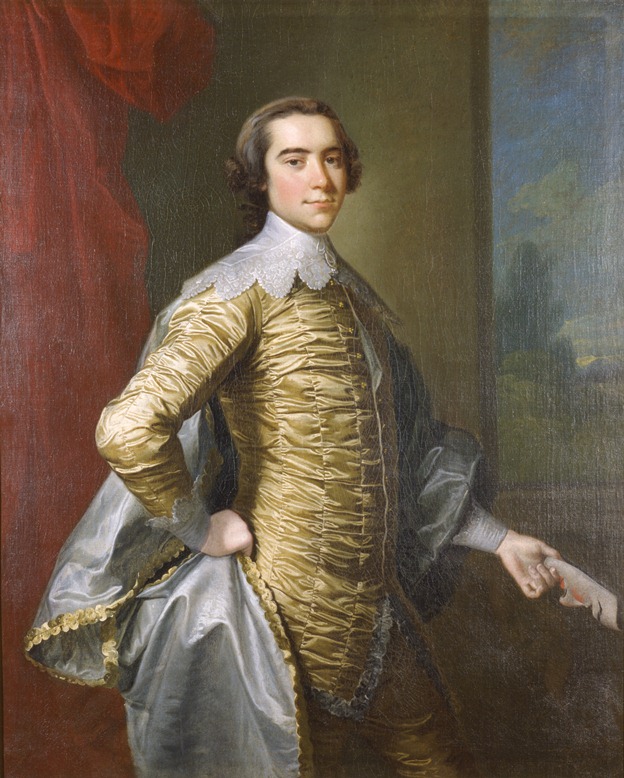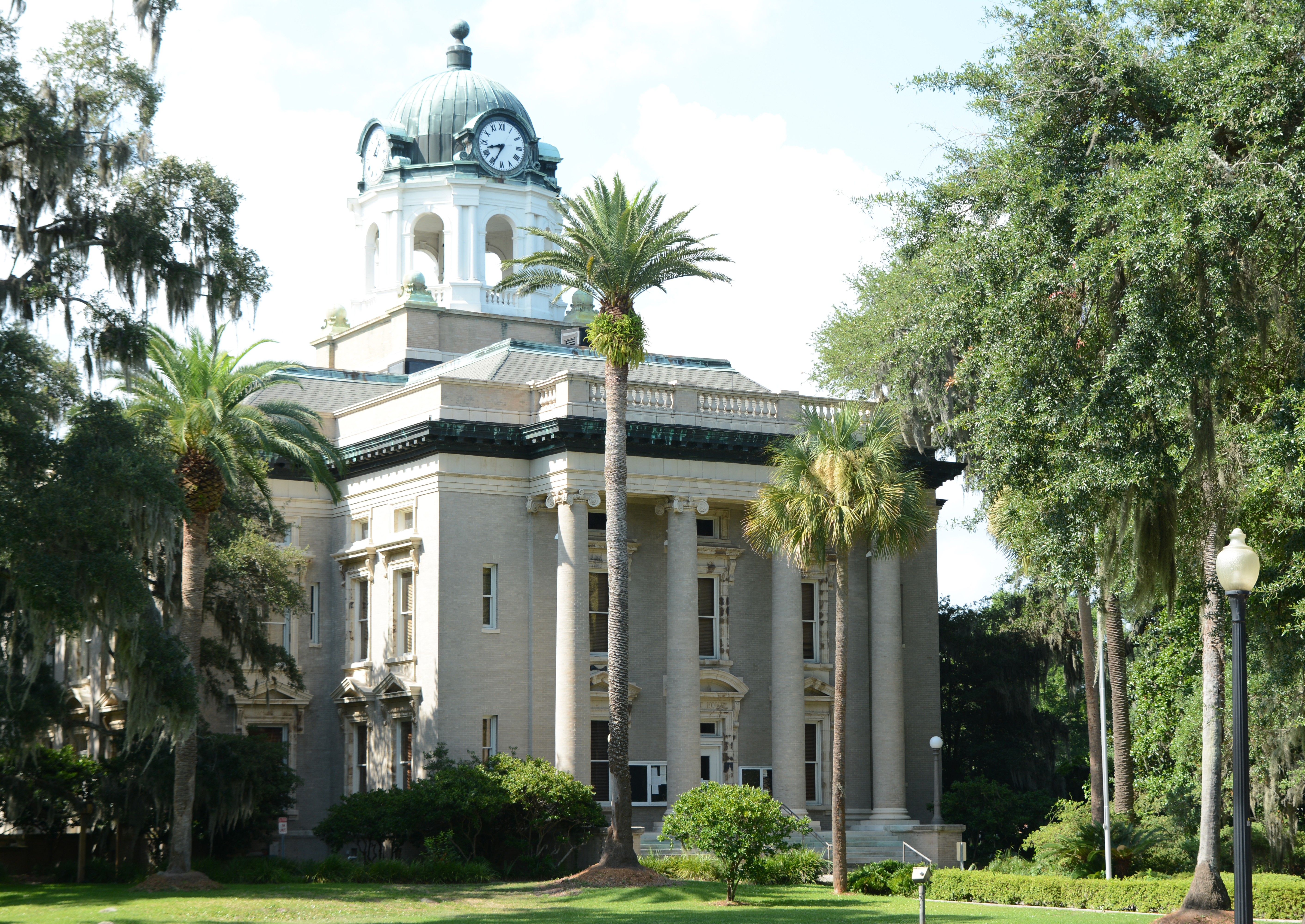|
Peter Massie .
At the time of his death, Massie owned over sixty slaves. He left $5,000 to the City of Savannah; to Peter Massie (1767 – 5 August 1840) was a Scottish planter who bequeathed the funds to establish the Massie School in Savannah, Georgia, which was in operation between 1856 and 1974. Career After emigrating to the United States, Massie became master of Bonaventure Plantation in Thunderbolt, Georgia. Personal life Massie was married to Sarah. His will mentioned Sarah's daughter, Anna Elizabeth, but it is not known if Massie was her father. Death Massie died in 1840, aged 72 or 73. He is interred in the First Presbyterian Churchyard in Elizabeth, New Jersey Elizabeth is a city and the county seat of Union County, in the U.S. state of New Jersey.New J ... [...More Info...] [...Related Items...] OR: [Wikipedia] [Google] [Baidu] |
Massie School
The Massie School, also referred to as the Massie Common School, opened in 1856 as the first public school in Savannah, Georgia, in the first chartered public school system of the American South. Located on Savannah's Taylor Square at 201–213 East Gordon Street, the original schoolhouse began construction in 1855 with invested funds from Peter Massie, an immigrant from Scotland. Massie intended his investment to be used for the creation of a free school for Savannah's poor children. The Massie School remained in use as a public elementary school until its closing in 1974; two notable exceptions include its utilization by Union troops as a hospital during the American Civil War and then briefly as a Freedmen's school. Today, the Massie Heritage Center occupies the original schoolhouse and serves as a museum. However, the building remains the longest continuously operating public schoolhouse in the state of Georgia. Construction In 1841, Peter Massie (1765–1840), a S ... [...More Info...] [...Related Items...] OR: [Wikipedia] [Google] [Baidu] |
Savannah, Georgia
Savannah ( ) is the oldest city in the U.S. state of Georgia (U.S. state), Georgia and is the county seat of Chatham County, Georgia, Chatham County. Established in 1733 on the Savannah River, the city of Savannah became the Kingdom of Great Britain, British British America, colonial capital of the Province of Georgia and later the first state capital of Georgia. A strategic port city in the American Revolution and during the American Civil War, Savannah is today an industrial center and an important Atlantic seaport. It is Georgia's Georgia (U.S. state)#Major cities, fifth-largest city, with a 2020 United States Census, 2020 U.S. Census population of 147,780. The Savannah metropolitan area, Georgia's List of metropolitan areas in Georgia (U.S. state), third-largest, had a 2020 population of 404,798. Each year, Savannah attracts millions of visitors to its cobblestone streets, parks, and notable historic buildings. These buildings include the birthplace of Juliette Gordon Low (f ... [...More Info...] [...Related Items...] OR: [Wikipedia] [Google] [Baidu] |
Elizabeth, New Jersey
Elizabeth is a city and the county seat of Union County, in the U.S. state of New Jersey.New Jersey County Map , New Jersey Department of State. Accessed July 10, 2017. As of the , the city had a total population of 137,298,Table DP-1. Profile of General Demographic Characteristics: 2010 ... [...More Info...] [...Related Items...] OR: [Wikipedia] [Google] [Baidu] |
Planter Class
The planter class, known alternatively in the United States as the Southern aristocracy, was a racial and socioeconomic caste of pan-American society that dominated 17th and 18th century agricultural markets. The Atlantic slave trade permitted planters access to inexpensive African slave labor for the planting and harvesting of crops such as tobacco, cotton, indigo, coffee, tea, cocoa, sugarcane, sisal, oil seeds, oil palms, hemp, rubber trees, and fruits. Planters were considered part of the American gentry. In the Southern United States, planters maintained a distinct culture, which was characterized by its similarity to the manners and customs of the British nobility and gentry. The culture had an emphasis on chivalry, gentility, and hospitality. The culture of the Southern United States, with its landed plantocracy, was distinctly different from areas north of the Mason–Dixon line and west of the Appalachian Mountains. The northern and western areas were characterized by s ... [...More Info...] [...Related Items...] OR: [Wikipedia] [Google] [Baidu] |
Bonaventure Plantation
Bonaventure Plantation was a plantation founded in colonial Savannah, Province of Georgia, on land now occupied by Greenwich and Bonaventure cemeteries. The site was , including a plantation house and private cemetery, located on the Wilmington River, about east of the Savannah colony. History The plantation was founded in 1762Bonaventure Plantation - SavannahGA.gov by colonel John Mullryne, who had emigrated from |
Thunderbolt, Georgia
Thunderbolt is a town located in Chatham County, Georgia, United States, approximately five miles southeast of downtown Savannah. As of the 2020 census, the town had a total population of 2,556. It is part of the Savannah Metropolitan Statistical Area. Thunderbolt runs along the western shore of the Wilmington River (a tidal river that is part of the U.S. Intracoastal Waterway). The town is important to Georgia's shrimping industry, with scores of docks for shrimping trawlers. The town's picturesque atmosphere and seafood restaurants draw many local visitors. History An early variant name was "Warsaw". The Georgia General Assembly incorporated the town as "Warsaw" in 1856. An act of legislature officially changed the town's name to "Thunderbolt" in 1921. According to tradition, Thunderbolt was named from an incident when lightning strike caused a spring to open up. Geography Thunderbolt is located at 32°1'56" North, 81°3'6" West (32.032111, -81.051733). According to the ... [...More Info...] [...Related Items...] OR: [Wikipedia] [Google] [Baidu] |
Glynn County, Georgia
Glynn County is located in the southeastern part of the U.S. state of Georgia. As of the 2010 census, the population was 79,626. The county seat is Brunswick. Glynn County is part of the Brunswick, Georgia Metropolitan Statistical Area. History Glynn County, one of the state's original eight counties created on February 5, 1777, was named after John Glynn, a member of the British House of Commons who defended the cause of the American Colonies before the American Revolution. The Battle of Bloody Marsh was fought in Glynn County. James Oglethorpe built Fort Frederica, which was used a base in the American Revolutionary War. Glynn Academy, established to educate boys, is the second oldest school in Georgia. Glynn County includes the most prominent of the Sea Islands of Georgia, including Jekyll Island, St. Simons Island, and Sea Island. The Georgia poet Sidney Lanier immortalized the seacoast there in his poem, "The Marshes of Glynn", which begins: :Glooms of the live-oa ... [...More Info...] [...Related Items...] OR: [Wikipedia] [Google] [Baidu] |
Taylor Square (Savannah, Georgia)
Taylor Square, formerly known as Calhoun Square, is one of the 22 squares of Savannah, Georgia, United States. Laid out in 1851 south of Lafayette Square, west of Whitefield Square, and east of Monterey Square, it is named in honor of the first American Civil War black nurse, educator and memoirist, Susie King Taylor. The oldest buildings on the square, the Adam Short Property and the Alexander Bennett House (both on East Taylor Street), date to 1853. The square is sometimes informally called Massie Square due to the presence of Massie Common School House, which was built in 1855 and lies just outside.Massie Common School House: Savannah’s Cradle of Public Education – [...More Info...] [...Related Items...] OR: [Wikipedia] [Google] [Baidu] |
1767 Births
Events January–March * January 1 – The first annual volume of ''The Nautical Almanac and Astronomical Ephemeris'', produced by British Astronomer Royal Nevil Maskelyne at the Royal Observatory, Greenwich, gives navigators the means to find longitude at sea, using tables of lunar distance. * January 9 – William Tryon, governor of the Royal Colony of North Carolina, signs a contract with architect John Hawks to build Tryon Palace, a lavish Georgian style governor's mansion on the New Bern waterfront. * February 16 – On orders from head of state Pasquale Paoli of the newly independent Republic of Corsica, a contingent of about 200 Corsican soldiers begins an invasion of the small island of Capraia off of the coast of northern Italy and territory of the Republic of Genoa. By May 31, the island is conquered as its defenders surrender.George Renwick, ''Romantic Corsica: Wanderings in Napoleon's Isle'' (Charles Scribner's Sons, 1910) p230 * February 19 ... [...More Info...] [...Related Items...] OR: [Wikipedia] [Google] [Baidu] |
1840 Deaths
__NOTOC__ Year 184 ( CLXXXIV) was a leap year starting on Wednesday (link will display the full calendar) of the Julian calendar. At the time, it was known as the Year of the Consulship of Eggius and Aelianus (or, less frequently, year 937 ''Ab urbe condita''). The denomination 184 for this year has been used since the early medieval period, when the Anno Domini calendar era became the prevalent method in Europe for naming years. Events By place China * The Yellow Turban Rebellion and Liang Province Rebellion break out in China. * The Disasters of the Partisan Prohibitions ends. * Zhang Jue leads the peasant revolt against Emperor Ling of Han of the Eastern Han Dynasty. Heading for the capital of Luoyang, his massive and undisciplined army (360,000 men), burns and destroys government offices and outposts. * June – Ling of Han places his brother-in-law, He Jin, in command of the imperial army and sends them to attack the Yellow Turban rebels. * Winter – Zha ... [...More Info...] [...Related Items...] OR: [Wikipedia] [Google] [Baidu] |
Scottish Emigrants To The United States
Scottish usually refers to something of, from, or related to Scotland, including: *Scottish Gaelic, a Celtic Goidelic language of the Indo-European language family native to Scotland *Scottish English *Scottish national identity, the Scottish identity and common culture *Scottish people, a nation and ethnic group native to Scotland *Scots language, a West Germanic language spoken in lowland Scotland *Symphony No. 3 (Mendelssohn), a symphony by Felix Mendelssohn known as ''the Scottish'' See also *Scotch (other) *Scotland (other) *Scots (other) *Scottian (other) *Schottische The schottische is a partnered country dance that apparently originated in Bohemia. It was popular in Victorian era ballrooms as a part of the Bohemian folk-dance craze and left its traces in folk music of countries such as Argentina ("chotis"Span ... * {{disambiguation Language and nationality disambiguation pages ca:Escocès ... [...More Info...] [...Related Items...] OR: [Wikipedia] [Google] [Baidu] |
People From Savannah, Georgia
A person ( : people) is a being that has certain capacities or attributes such as reason, morality, consciousness or self-consciousness, and being a part of a culturally established form of social relations such as kinship, ownership of property, or legal responsibility. The defining features of personhood and, consequently, what makes a person count as a person, differ widely among cultures and contexts. In addition to the question of personhood, of what makes a being count as a person to begin with, there are further questions about personal identity and self: both about what makes any particular person that particular person instead of another, and about what makes a person at one time the same person as they were or will be at another time despite any intervening changes. The plural form "people" is often used to refer to an entire nation or ethnic group (as in "a people"), and this was the original meaning of the word; it subsequently acquired its use as a plural form of per ... [...More Info...] [...Related Items...] OR: [Wikipedia] [Google] [Baidu] |





_1938.jpg)